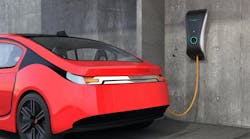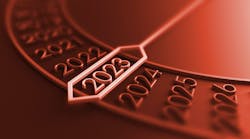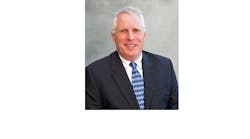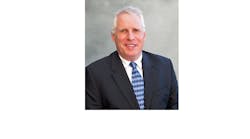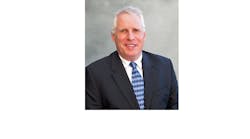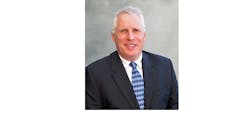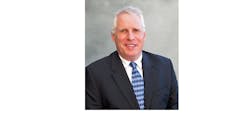Many of us know that Thomas Alva Edison was the inventor of the incandescent lamp, phonograph and one of the earliest movie cameras. Some of us who studied the Wizard from Menlo Park during our school days might remember that although he was deaf from age 12 and had very little formal schooling, he went on to become one of the most prodigious inventors in the history of the world, holding patents for well over 1,000 inventions.
It's mind-boggling to think that more than 100 years ago, one person could have invented the incandescent lamp, phonograph, and an early motion picture camera — as well as a thousand other inventions. The modern-day equivalent would be something like one person inventing the personal computer, cellular phone and DVD player. Along with his better known inventions, Edison also developed a vote counter, a magnetic ore separator, an electric miner's helmet, wireless telegraphs and the first stock ticker.
The perseverance and work ethic that Edison employed to develop these inventions and the marketing savvy that he used to promote them are equally impressive.
Edison's 20-hour days in the lab are legendary, but I think two quotations from him can inspire us even more:
In describing the many mistakes and frustrations of his year-long search for the right filament for his incandescent lamp, he said, “If I find 10,000 ways that do not work, I have not failed. I am not discouraged, because every wrong attempt discarded is just one more step forward.”
Edison was by any measure a mechanical genius, but he attributed much of his success to what he called “stick-to-it-iv-ness”:
“Genius is one percent inspiration and 99 percent perspiration,” said Edison. “As a result, a genius is often a talented person who has simply done all of his homework.”
The man was also a master marketer. Edison invented things, but he also realized that to make money, he had to sell them. During his early days as a telegraph operator, he got to know many of the journalists who filed their stories over the telegraph at the Western Union telegraph office where he worked, and he learned what was news to them.
He knew how to put on a show for newspaper reporters when they visited his New Jersey laboratory, and would be ready for them with promotional announcements of his latest inventions. After inventing the incandescent lamp in 1879, he realized the lamp would be nothing without large-scale power systems to bring electric lighting to the masses. To light the offices of the most influential financiers of the late 19th century, he built the first commercial electric generating system in lower Manhattan in 1880 to power a mile-square area that included the home of the New York Stock Exchange, the nation's largest newspapers and the business of J.P. Morgan, an early investor in his company.
A PBS documentary on Edison said that to create demand for his electric system, he launched a publicity campaign worthy of P.T. Barnum. The PBS program said Edison hired a minstrel performer to hand out pamphlets at a Philadelphia exhibition and that as he tap-danced across an electrified floor, his helmet would light up in rhythm to his feet. And in New York City, Edison had 400 men parade through Manhattan wearing light bulbs on their heads. Power lines ran down each man's sleeve to a horse-drawn, steam-powered generator.
But while Edison is known for his successes, he saw his share of failure. Few people know that he sold all of his stock in Edison General Electric (today's GE Co.), the company that he formed in 1889 to bring together his various electrical companies, in an ill-fated attempt to develop a new mining method for extracting iron ore from old mines. Despite 10 years of work and the millions that he spent in research and development, his efforts failed.
All electrical distributors can learn from Edison's perseverance, work ethic and marketing campaigns. Whether you are one of the electrical industry's founding fathers or the president of a family-owned electrical distributor, there's no substitute for hard work. And you still must market the fruit of your labors, whether it's a warehouse full of electrical supplies, or the first incandescent lamp.
